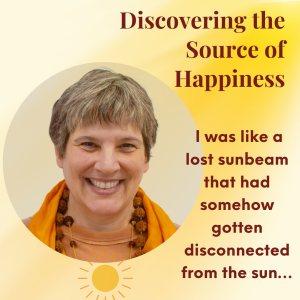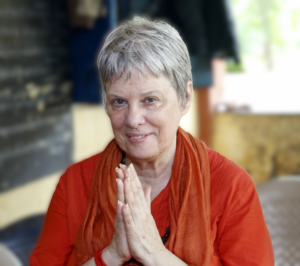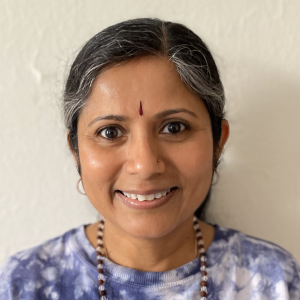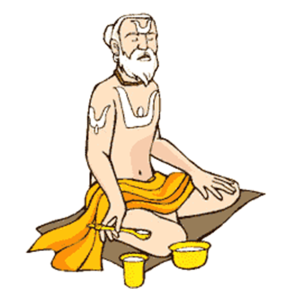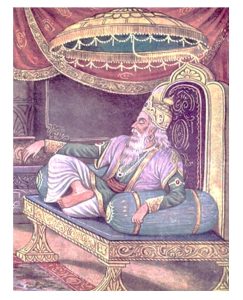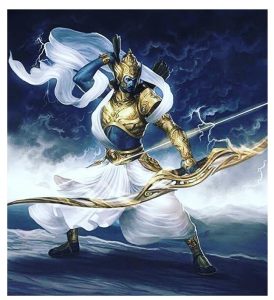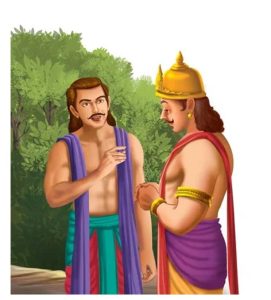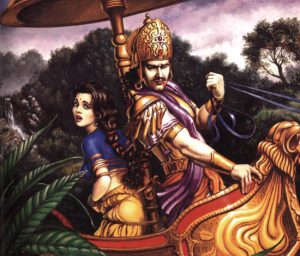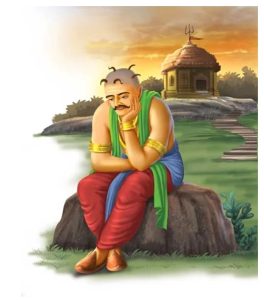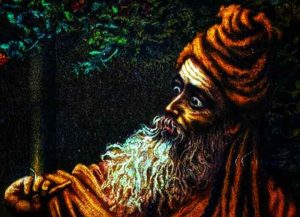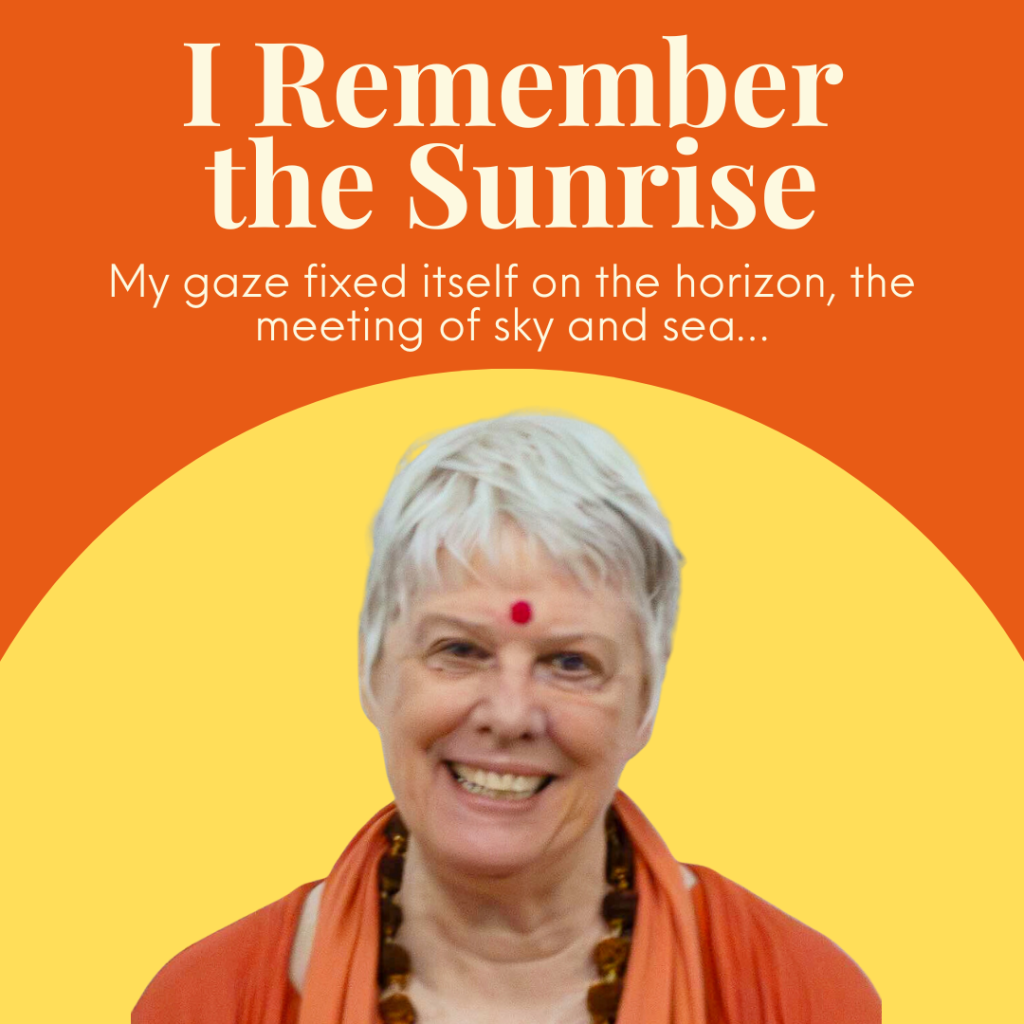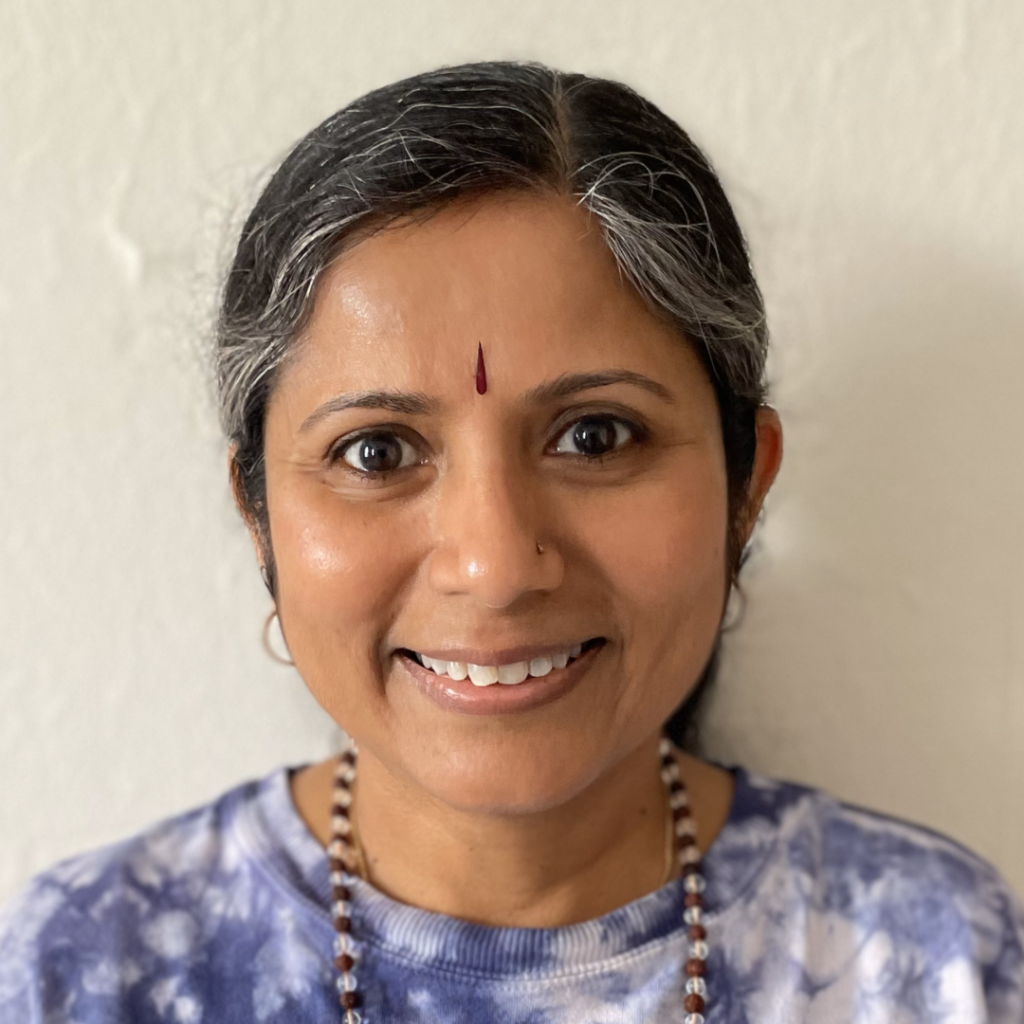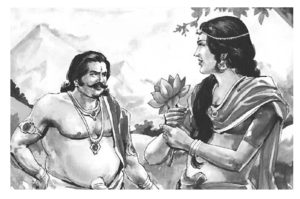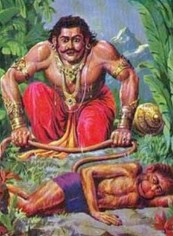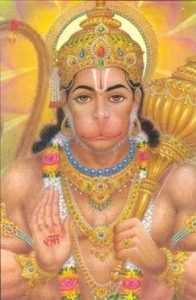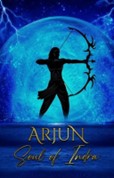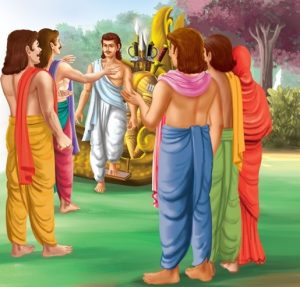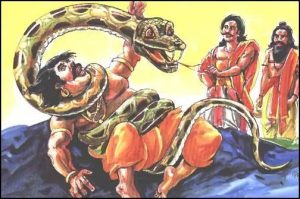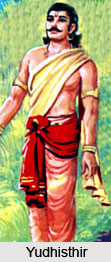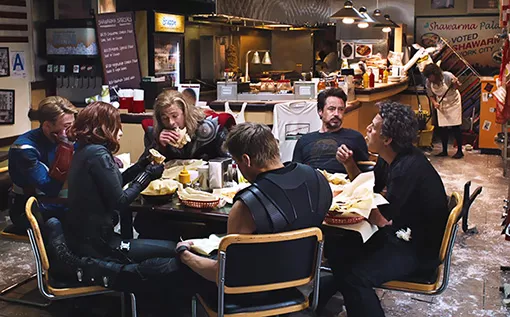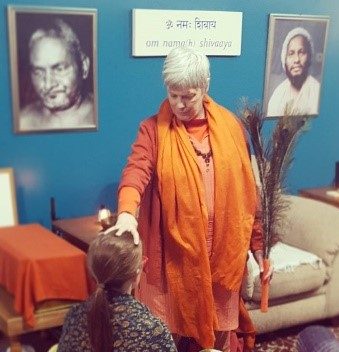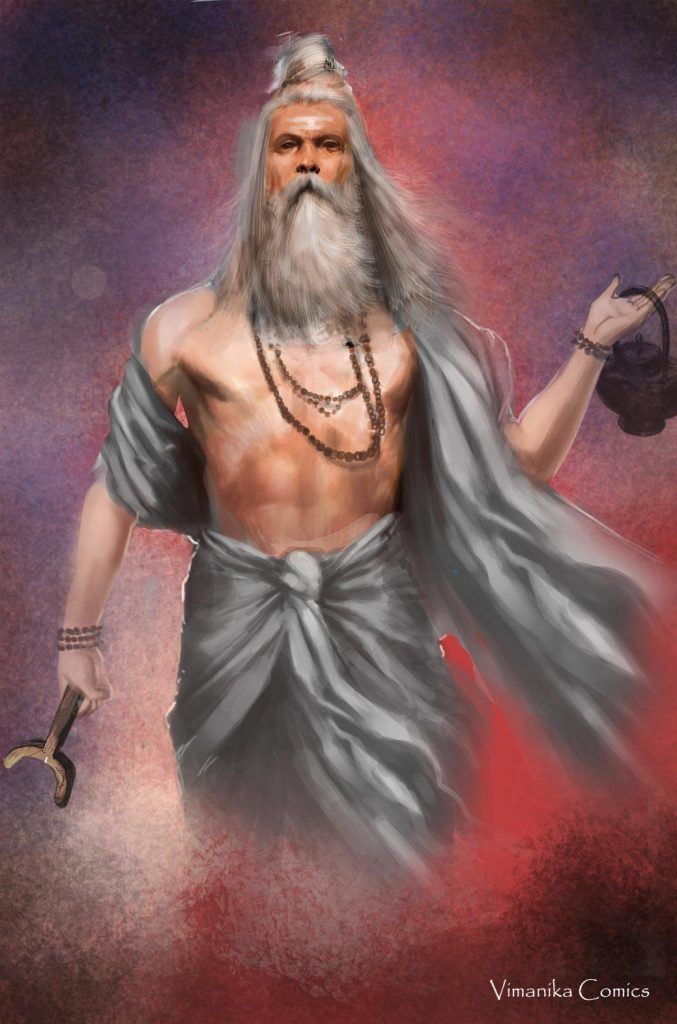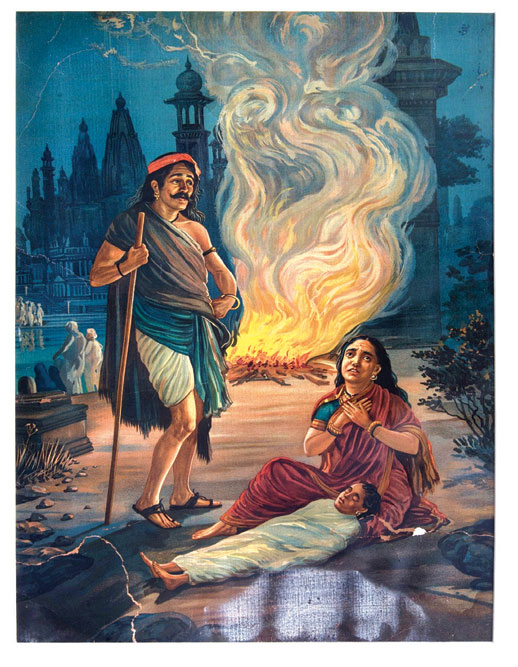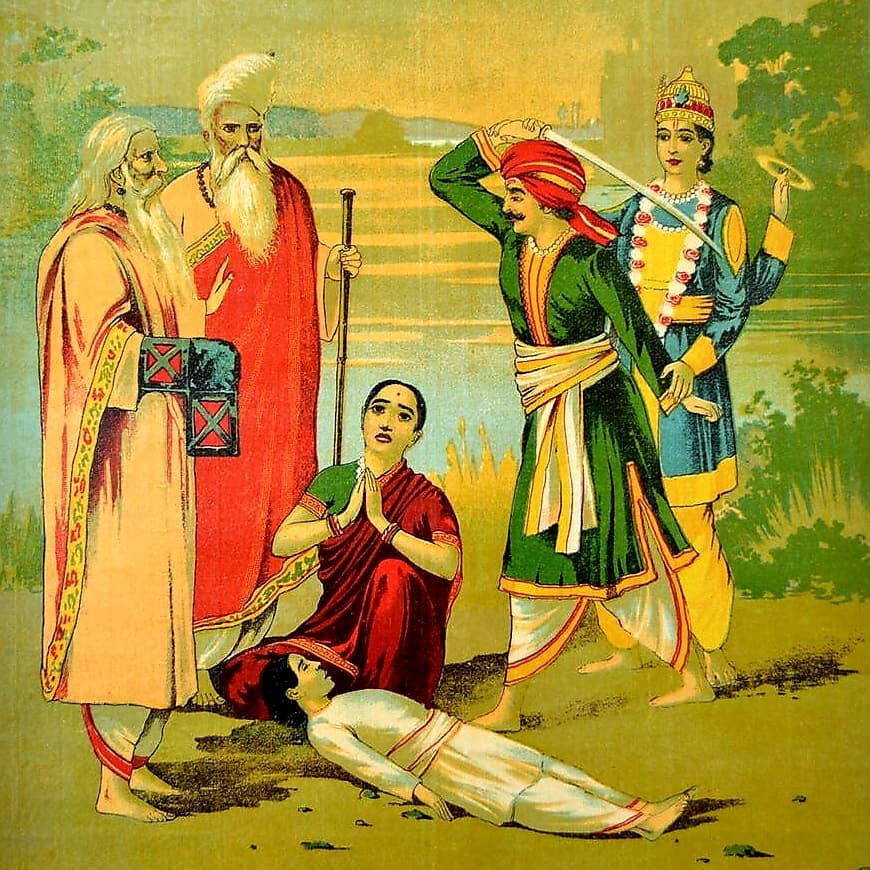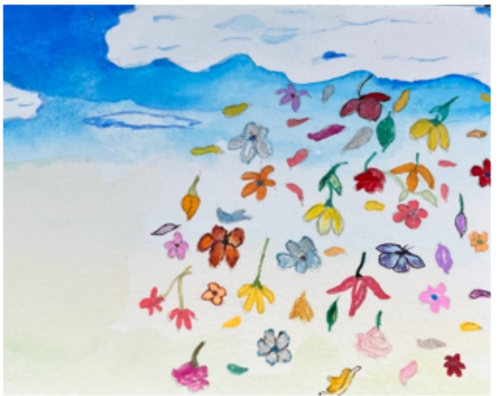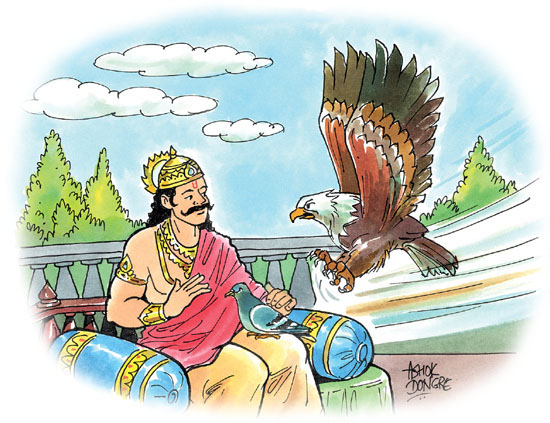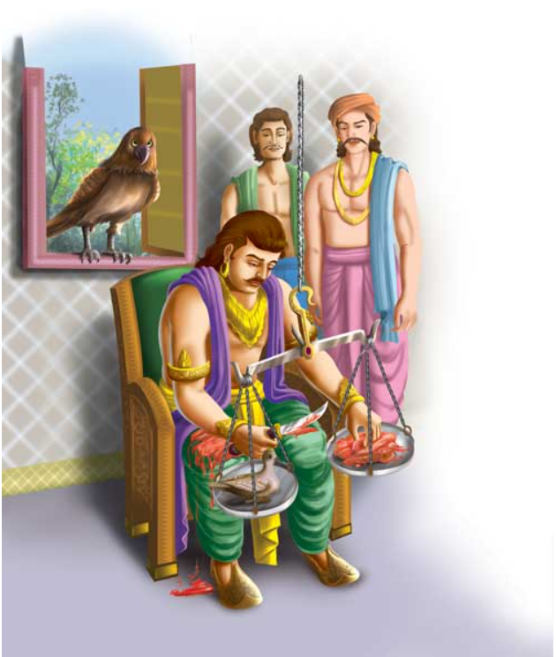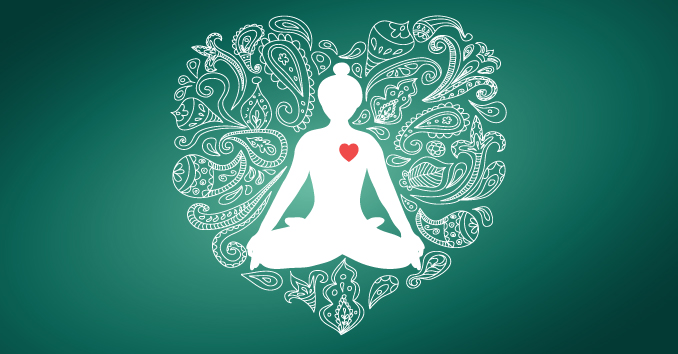By Swami Samvidaananda
Self-help gurus. Fashion gurus. Investment gurus. Health gurus. When I’m looking for help or to learn something new, I want to learn from an expert.
If you are really good at what you do, and you help a lot of people, you are called a guru. It’s not inaccurate. Guru, a Sanskrit word, means “teacher” when spelled with a small-g, “guru.” What about when you want spiritual help? It would make sense to go to a spiritual Guru. Wouldn’t it? Yet that seems to be a less popular option.
I didn’t know I was looking for a spiritual, capital-G “Guru.” I just knew that underlying my day-to-day life, with its responsibilities, relationships, happiness and pain, there was a quiet despair. I wanted my life to have more meaning, but I couldn’t find it. I had moments of joy, even bliss. But I couldn’t hold onto them. It wasn’t enough.
Then I met Gurudevi Nirmalananda. I didn’t know the word Guru, and I would not have said I was looking for one. But I recognized her as my teacher. So I began to orient my life in her direction. I had been like a lost sunbeam that had somehow gotten disconnected from the sun. And now, when I aimed my beam towards her, I shone brighter, like a sunbeam radiates from the sun.
I was being lit up with my own inner light. I began to experience more joy, more happiness, more peace. She didn’t give me her light; she awakened my own light within me. It’s the light of my Divinity, of my own Self.
Yoga’s mystical teachings say there is One Divine Reality. Everything that exists comes from and is made of the One. This universe, the stars and the planets, and everything on the earth down to the smallest ant and grain of sand is Divinity, concentrated into form. Including me. Including you. That Divinity is inherently who you are, so the One is called your Self.
Because you are the Self, you have the capacity to know you are the Self. But you need help to get to that knowing because it is hidden from you. It’s a cosmic setup. So, what do you do? You get help from someone who knows. Someone who is an expert at awakening you to your deeper knowing. That’s a Guru.
Guru is spelled, “Gee, you are you.” It means that you have someone in your life who gives you your Divine Self — Gurudevi Nirmalananda
Gurudevi is such a Guru. She knows her Divine Self, and she can give that knowing to you. She does it through an initiation called Shaktipat. Shaktipat is a transmission of energy that sparks your inner knowing. This is like a cosmic jump-start.
Your knowing of your Divine Essence will fill you with joy, love, creativity, peace and bliss. You’ll discover you are the source of the happiness you’ve been seeking out in the world. And you’ll come to recognize that everyone and everything is a form of the same Divinity. How glorious!
How did Gurudevi become a Guru who can do this for you? She found her Guru, Baba Muktananda. And he gave her Shaktipat. He could do this for her because he found his Guru, Bhagavan Nityananda, who gave him Shaktipat. Gurudevi is part of a lineage of Shaktipat Gurus that stretches through time.
Each Guru was at some point a seeker, looking for something they could not find on their own. And they found a teacher who could give them what they were looking for. They were looking for an expert. And they found one!
Of course, when you find an expert, the story doesn’t end there. Like anything you want to accomplish, you have to apply yourself. Baba Muktananda gave Shaktipat to thousands and thousands of people. He wanted to awaken and uplift as many people as he could. And he gave them practices to do, especially meditation and repeating mantra.
Once your inner flame is ignited, it’s up to you to nurture and grow it. Many people took Baba’s teaching to heart. Because of him, there are many more meditators in the world. However, very few people applied themselves to blossoming the inner awakening all the way, to Self-Realization. Gurudevi did. She gave it her all.
Once she received Shaktipat from Baba, she tirelessly dedicated herself to her own upliftment. She became Self-Realized, meaning she knows she is the Self, all the time. And she became authorized as a Guru, so she can give the inner awakening of Shaktipat to you. Now, she tirelessly dedicates herself to uplifting you. She’s not a Guru because she wants attention or fame or followers.
She wants you to have what she has. Do you want it?
